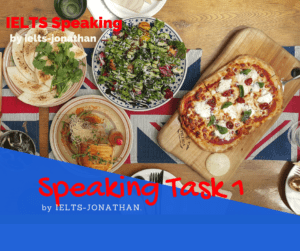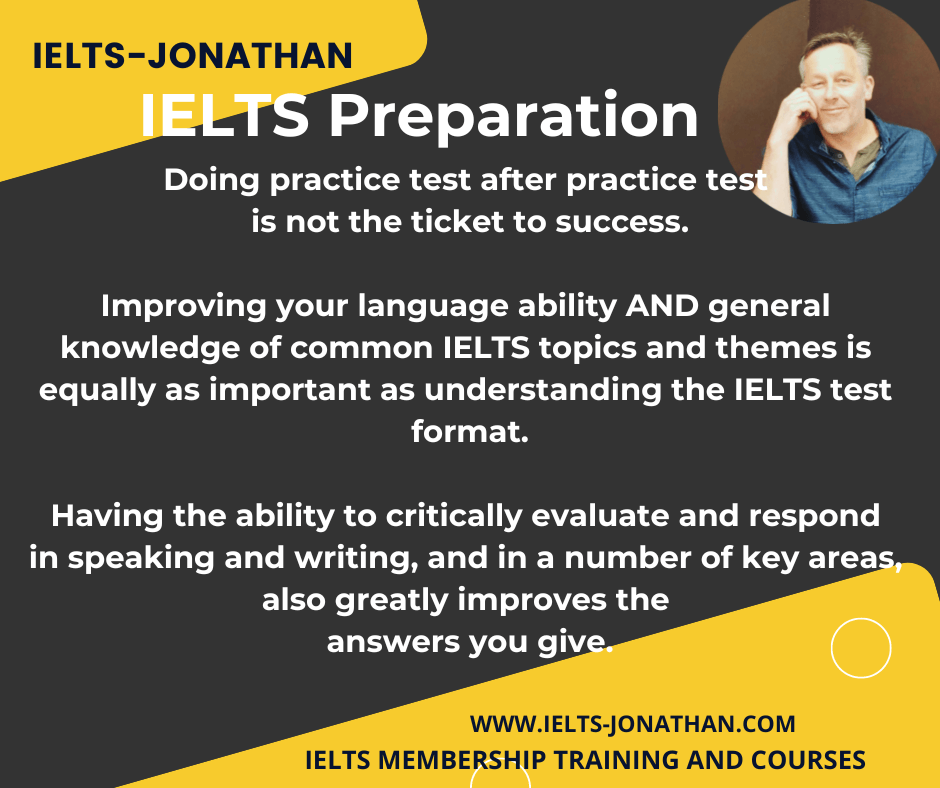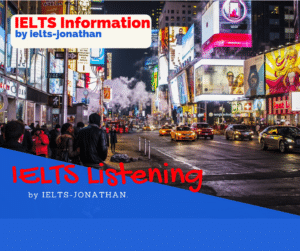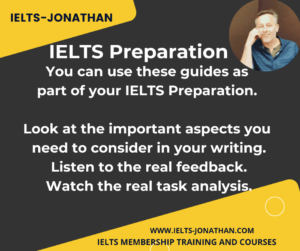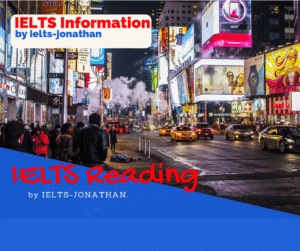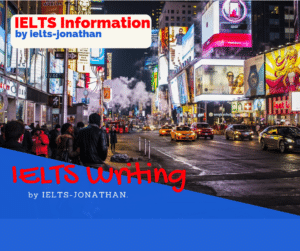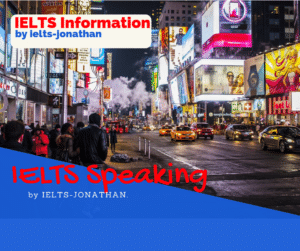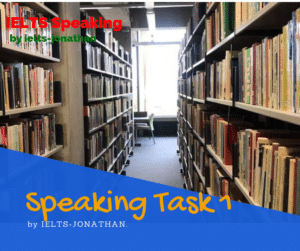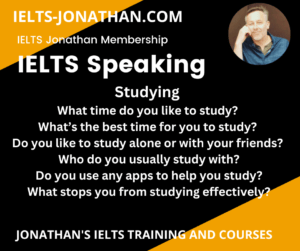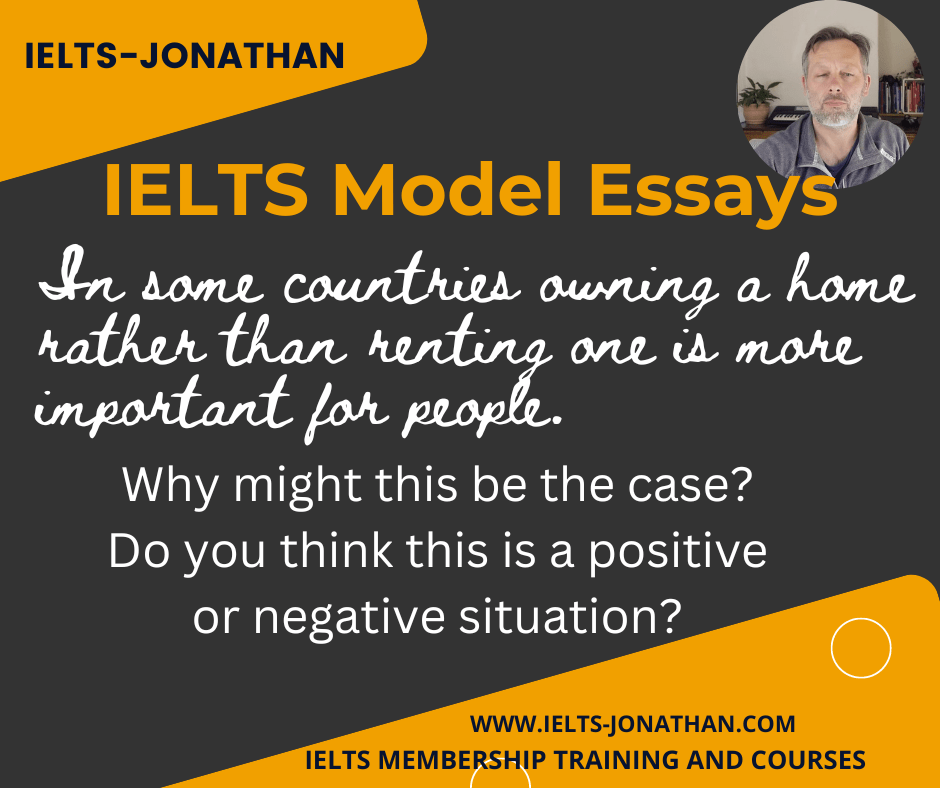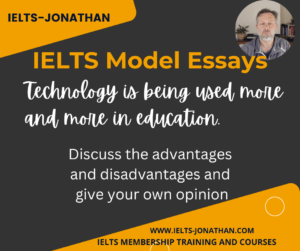IELTS LISTENING TESTS
IELTS Listening Practice Test 6 Answers
SECTION 1 1. B 2. A 3. 15 minute 4. third/3rd year 5. first/1st Tuesday 6. 25% 7. Room 8. (Mrs) Waddell 9. Window dressing/ dress windows 10. Black skirt
SECTION 2 11. C 12. B 13. C 14 & 15 . A, D or D, A 16. 75 17. evening(s) 18. (4-course) dinner 19. 52 20. Golf club
SECTION 3 21. Weather ( conditions) 22. Environment/Environmental Agency 23. B 24. A 25. C 26. B 27. B 28. C 29. A 30. A
SECTION 4 31. Australia 32. (flight/flying) speed/ speed of flight 33. looking/searching for food 34. start/begin to fly / start/begin flying 35. full/adult size / full adult size / full(y) grown 36. Leaver (the/their) nest(s) 37. Die 38. attach (identification/ID/aluminum/(aluminum) rings 39. note (the) sex 40. (general) health
……….
IELTS Listening Practice Test 7 Answers
SECTION 1 1. (the) 26th 2. 7.00 3. Circle 4. A21 -/ to (A) 24 5. Mastercard 6. 3290 5876 4401 2899 7. Whitton 8. 42 South 9. SW2 5GE 10. headphone/earphones
SECTION 2 11. D 12. F 13. I. 14. B 15. E 16. A 17. G 18. arm band 19. an ambulance 20. Yellow ticket(s)
SECTION 3 21 -23 IN ANY ORDER – B D F 24. A 25. B 26. C 27. A 28. March 29. secretary 30. computer office
SECTION 4 31. coast(s)/shore 32. garbage/rubbish/waste 33. Summer 34. Fish 35. Checked 36. Boat 37. Camera 38. released/freed 39. B 40. A
How did you do?
Have you checked why you got an answer right or wrong?
IELTS READING TESTS
Academic Reading Practice Test 7 Answers
Section 1 1.ii 2.viii 3.v 4.i 5.iii 6.ix 7.New Zealand/NZ carrageen(s) 8.agar 9.seameal 10.cough mixtures 11.B 12.C 13.A
Section 2 14.crochet hook 15.(paired) leaflets/leaves 16.thorn 17.(tapered) steps 18.TRUE 19.TRUE 20.FALSE 21.TRUE 22. NOT GIVEN 23.FALSE 24-26 IN ANY ORDER. C, D, A
Section 3 27.A 28.D 29.C 30.B 31.C 32.B 33.D 34.B 35.A 36.C 37.H 38.L 39.A 40.I
………
Academic Reading Practice Test 6 Answers
Section 1 1.E 2.H 3.I 4.D 5. G 6&7. yeast/bacteria (in either order) 8.protein 9.chemical solvents 10.(small) holes 11.FALSE 12.TRUE 13.NOT GIVEN
Section 2 14. A 15. D 16.B 17.C 18.C 19.D 20.C 21.B 22.Egypt 23.monks 24.Ptolemy 25.(navigation) satellites 26. (some) cars
Section 3 27.iv 28.vii 29.v 30.i 31.iii 32.B 33.B 34.D 35.A 36.D 37.FALSE 38.NOT GIVEN 39.TRUE 40.FALSE
How did you do?
Have you checked why you got an answer right or wrong?



